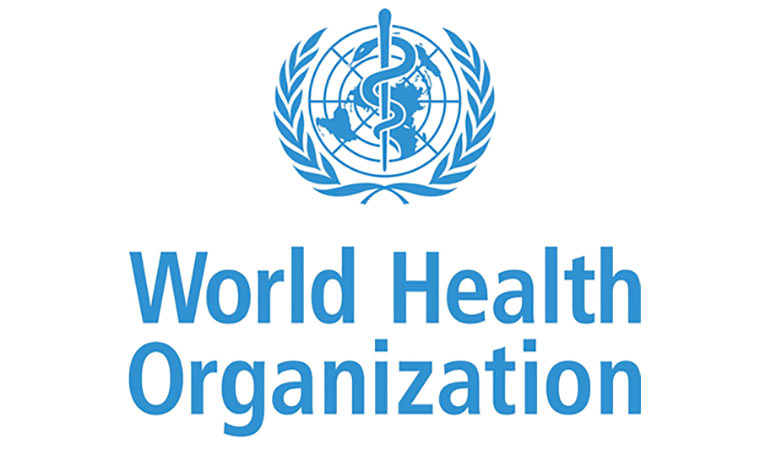The Hydrocarbon Pollution Remediation Project (HYPREP), tasked with the environmental restoration of Ogoniland in Rivers State, Nigeria, has announced a significant development in its ongoing efforts to address the devastating impact of oil pollution. The World Health Organization (WHO) will conduct a three-year bio-monitoring research project in the region, aimed at assessing the tangible health benefits of the clean-up efforts. This research will not only provide crucial data on the effectiveness of the remediation process but also serve as a valuable tool for understanding the long-term health impacts of oil pollution on communities. HYPREP emphasized the collaborative nature of this research, stating that local universities, including the University of Port Harcourt (UNIPORT), will play a vital role in its execution. This partnership signifies HYPREP’s commitment to leveraging local expertise and resources in the restoration process.
The announcement of the WHO research coincided with a visit by a delegation from UNIPORT, led by its Pro-Chancellor, Senator Mao Ohuabunwa. During the visit, HYPREP Project Coordinator, Professor Nenibarini Zabbey, outlined the project’s multifaceted approach to restoring the Ogoni ecosystem and improving the well-being of its inhabitants. Beyond the crucial environmental clean-up, HYPREP has prioritized the provision of clean drinking water, a basic necessity severely compromised by years of oil contamination. Thirty communities have already benefited from this initiative, and plans are underway to extend access to an additional sixty communities within the year. This focus on immediate, tangible improvements to living conditions underscores HYPREP’s commitment to addressing the direct impact of pollution on the Ogoni people.
Recognizing the long-term health consequences of prolonged exposure to hydrocarbons, HYPREP has also embarked on a significant program to strengthen the public health infrastructure in Ogoniland. Four hospitals have already been upgraded, with four more slated for improvement in the coming year. Moreover, construction is progressing on the Bua Cottage Hospital and the Ogoni Specialist Hospital, a critical facility that will include an oncology unit. This specialized unit is a direct response to the findings of the United Nations Environment Programme (UNEP) report, which identified high levels of carcinogenic contaminants in the region. The establishment of the oncology unit demonstrates HYPREP’s proactive approach to addressing the specific health risks posed by oil pollution in Ogoniland.
Beyond the immediate health and infrastructure improvements, HYPREP is engaging in long-term environmental restoration projects. The conservation of mangrove ecosystems, vital to the region’s ecological balance and the livelihood of many Ogoni people, is a key focus. HYPREP recognizes the delicate balance between environmental protection and the economic needs of the communities that rely on these resources. Therefore, the project is not only working to restore the mangroves but also to promote sustainable livelihood practices among those who depend on them. This integrated approach aims to ensure the long-term health of both the environment and the community. To further solidify its commitment to environmental research and education, HYPREP will establish a Chair for Wetland Research at the University of Port Harcourt. This initiative will foster local expertise in wetland management and contribute to the ongoing efforts to restore and protect these crucial ecosystems.
Senator Ohuabunwa, during his visit, commended HYPREP’s achievements, highlighting the project’s rapid progress and the significant impact it has already made. He recognized HYPREP’s work as a model for remediation efforts, not just within Nigeria, but potentially across the globe. However, he also underscored the need for a more permanent and structured approach to addressing pollution and remediation challenges, not only in Ogoniland but also across the wider Niger Delta region and beyond. He advocated for the establishment of HYPREP as a permanent agency under the Federal Ministry of Environment, signaling a desire to institutionalize the valuable lessons learned in Ogoniland and apply them to other affected areas. This proposal suggests a broader recognition of the ongoing threat of pollution and the need for a dedicated body to manage and mitigate these risks.
Finally, Senator Ohuabunwa also sought HYPREP’s support for UNIPORT’s 50th-anniversary celebrations and the university’s initiative to establish a substantial endowment fund. He emphasized the importance of corporate social responsibility, suggesting that HYPREP’s contribution to the university would not only benefit the institution but also enhance the overall goals of the clean-up project by fostering local capacity and expertise. This request underscores the interconnectedness of environmental remediation, community development, and educational advancement, highlighting the potential for synergistic partnerships to drive positive change in Ogoniland and beyond. The proposed collaboration between HYPREP and UNIPORT represents a potential model for engaging local institutions in environmental restoration and sustainable development efforts.


